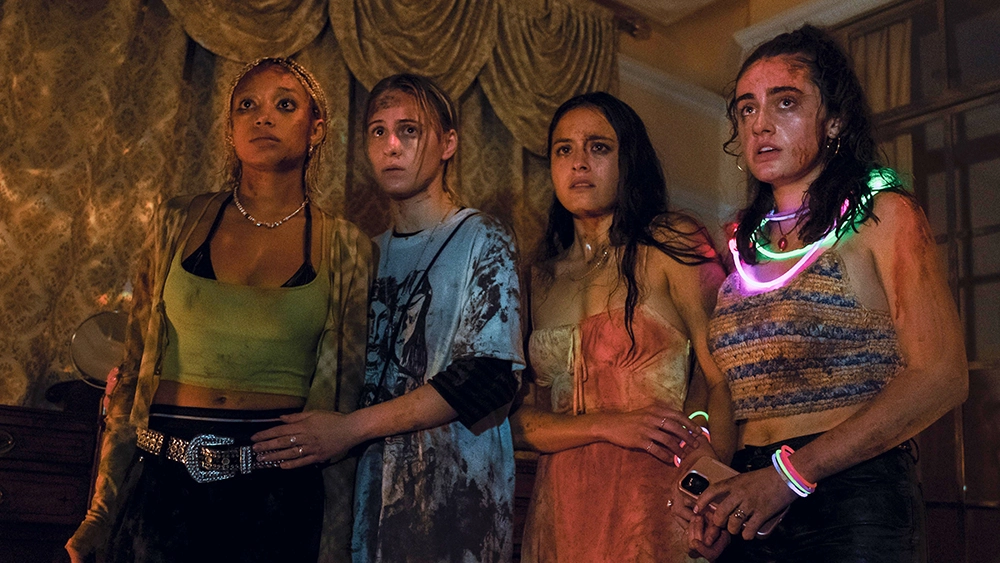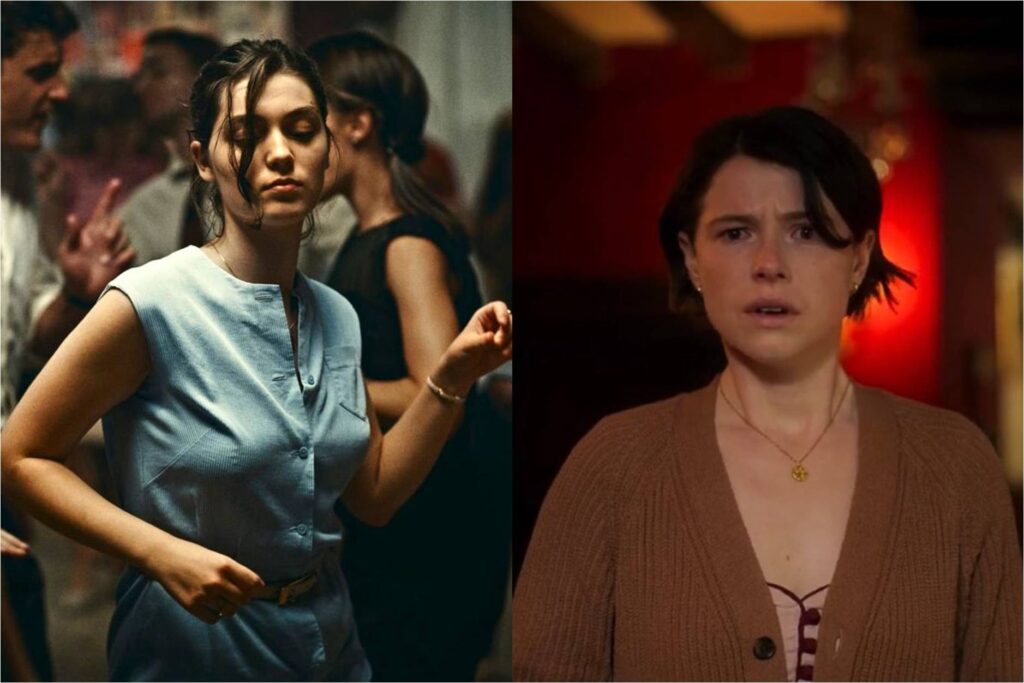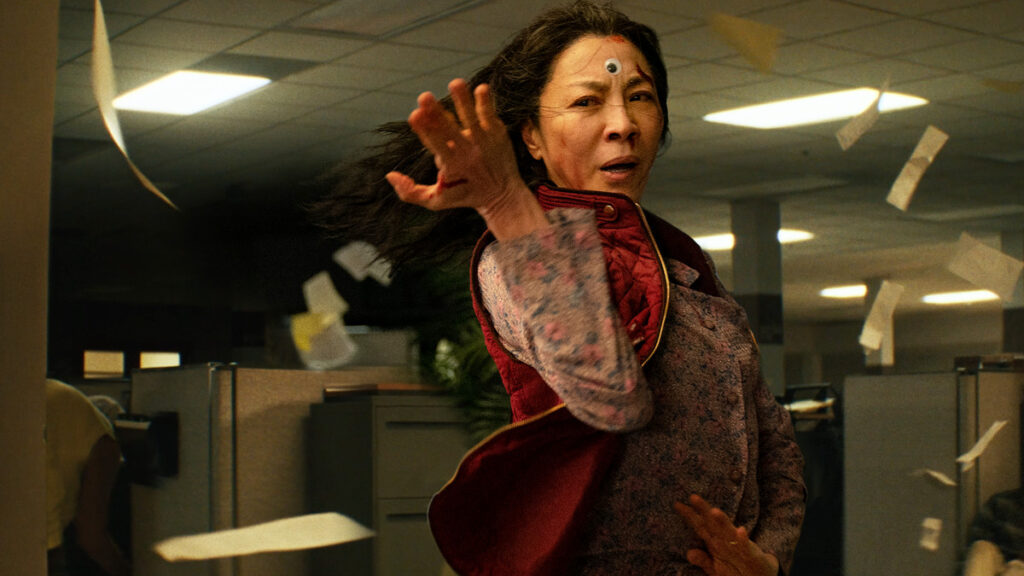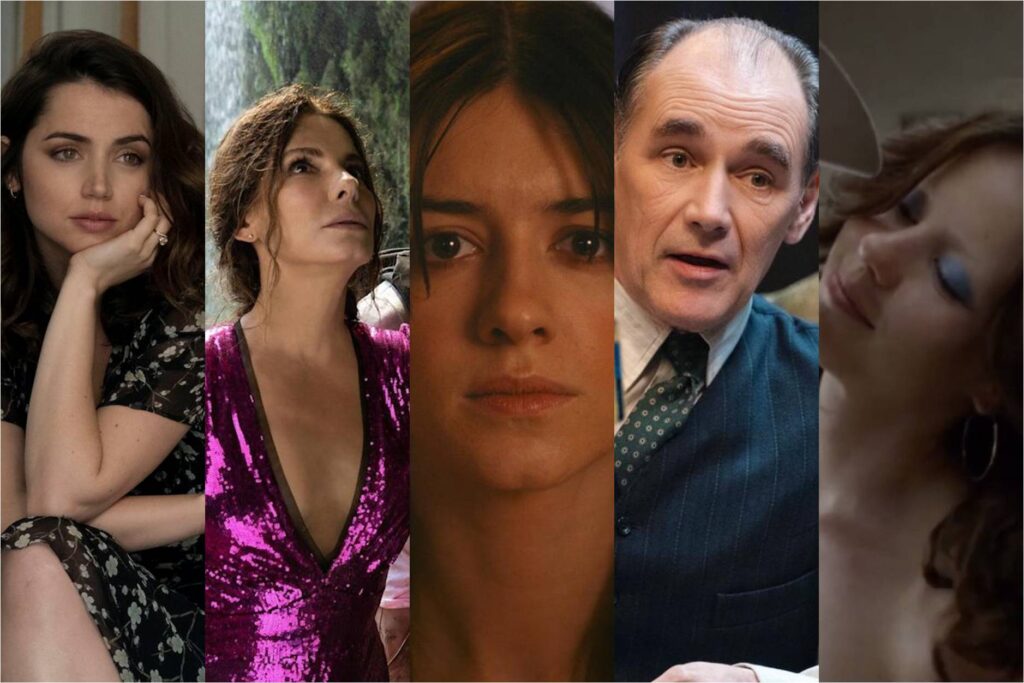Violent Femmes: The Woman King, Pearl, and God’s Country
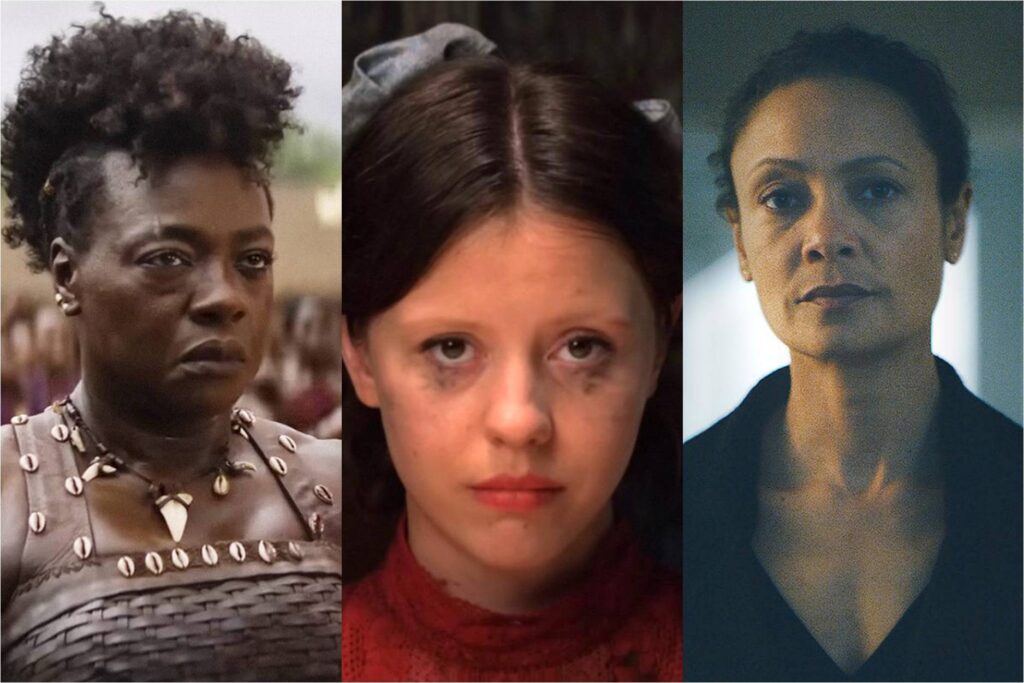
Women are fighting back. Well, at least at the movies. Women aren’t a monolith on screen or off, but this past weekend’s new theatrical releases were striking for how they centralized female characters, and how they placed them in varying postures of defiance. At the cinema, the fairer sex is through with unfairness.
The most ambitious of these movies, The Woman King, is also the most conventional. Directed by Gina Prince-Bythewood from a script by Dana Stevens, it’s an old-fashioned historical epic, in the vein of Spartacus or (for a more recent vintage) Gladiator. And when it comes to women fighting, its depiction is quite literal: It tells the story of the Agojie, a troop of female soldiers for the Dahomey kingdom in nineteenth-century West Africa. Led by the fearsome Nanisca (a reliable Viola Davis), they wage war against a rival empire—not out of territorial bloodlust, but out of desire to prevent their citizens from being conscripted into slavery. Read More

